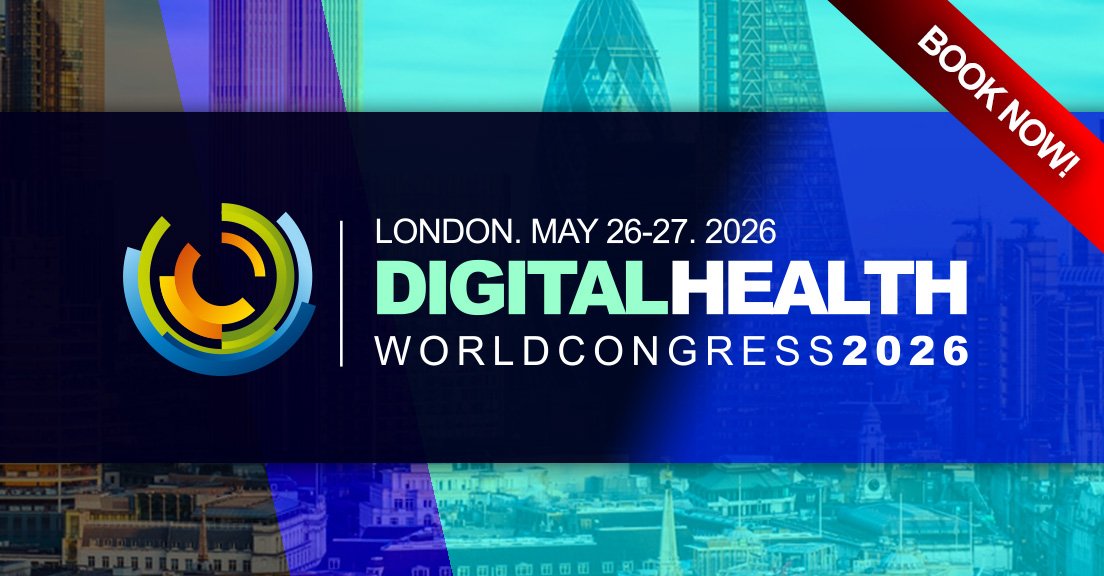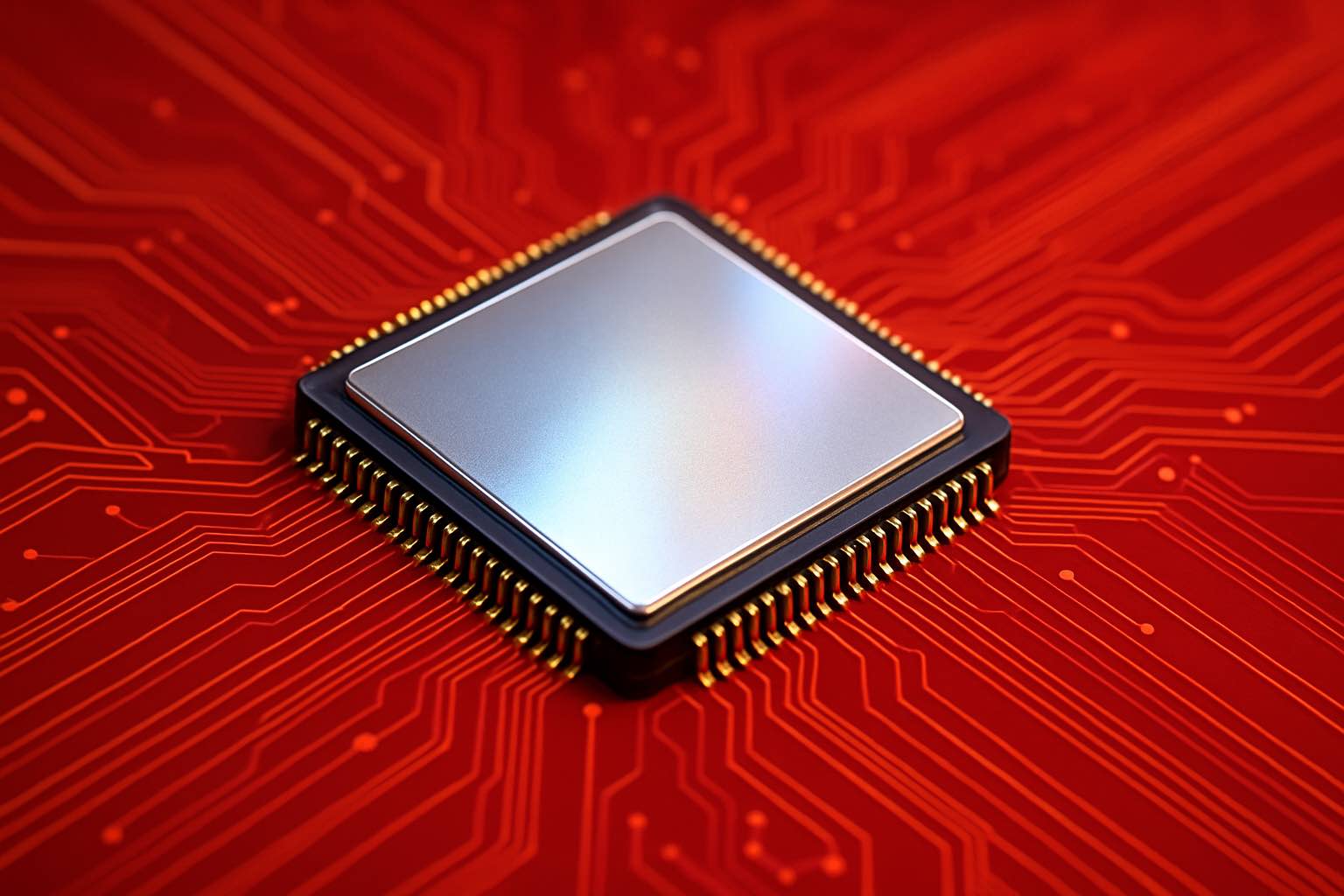

Introduction: Quantum Chips and Their Global Impact
The convergence of Quantum AI and the Internet of Things (IoT) is shaping the next frontier of digital transformation. Traditional IoT architectures depend on edge devices, cloud infrastructure, and Artificial Intelligence algorithms to process and analyze vast streams of data. However, with billions of connected sensors worldwide generating zettabytes of data, classical computing architectures are struggling with scalability and optimization bottlenecks (McKinsey, 2023).
Enter quantum chips—semiconductors that leverage principles of superposition and entanglement to perform computations exponentially faster than classical processors. Nations such as the U.S., China, and members of the EU are investing billions into quantum hardware, seeing it as critical for strategic leadership in AI IoT (OECD, 2022). By 2030, experts estimate quantum computing could generate an economic impact exceeding $1 trillion, directly enhancing industries that rely on AI-driven IoT ecosystems (BCG, 2022).
Quantum Machine Learning (QML) and IoT Synergy
Quantum Machine Learning (QML) integrates quantum computing techniques into machine learning workflows. When applied to IoT, QML offers new capabilities:
- Faster Data Processing: Quantum algorithms can analyze vast IoT datasets in real-time with higher efficiency than classical models (Nature, 2021).
- Enhanced Security: Quantum cryptography protects IoT devices against cyberthreats using quantum key distribution (QKD).
- Predictive Accuracy: QML can model highly complex, nonlinear relationships in sensor data for predictive maintenance and anomaly detection.
For healthcare IoT, this means early disease detection, wearable monitoring, and population-scale epidemiological modeling. For manufacturing, QML-driven IoT enables predictive supply chain optimization and real-time quality assurance (PwC, 2022).
Industry-Wise Breakdown of QML Applications in IoT
1. Healthcare & Medical IoT
- Remote Monitoring: QML enhances wearable IoT sensors for medical diagnostics, detecting subtle patterns in biometric signals.
- Drug Discovery: Quantum simulations process IoT-enabled laboratory datasets faster, accelerating molecule-target modeling (Lancet Digital Health, 2022).
- Smart Hospitals: Integration of Quantum AI with IoT improves resource allocation and patient flow optimization.
Case Study: IBM’s partnership with the Cleveland Clinic in the U.S. integrates quantum AI into hospital IoT networks for advanced healthcare analytics (IBM Newsroom, 2023).
2. Manufacturing and Industry 4.0
- Predictive Maintenance: IoT sensors on machines, combined with QML anomaly detection, minimize downtime.
- Digital Twins: Quantum-enhanced IoT models simulate entire factories for optimization.
- Supply Chain Security: Quantum cryptography secures logistics IoT systems against tampering.
Siemens and BMW have launched pilot programs for QML-powered IoT to improve predictive reliability in automated assembly lines (World Economic Forum, 2022).
3. Smart Cities & Infrastructure
- Traffic Optimization: QML processes urban IoT sensor data to predict congestion and reroute vehicles dynamically.
- Energy Efficiency: Smart grids, enhanced with QML, optimize energy distribution across IoT-enabled devices.
- Security Systems: Quantum cryptographic frameworks shield IoT-driven urban surveillance.
Singapore has invested $100M into quantum-safe IoT infrastructure for transport and energy networks (GovTech Singapore, 2022).
4. Agriculture & Environmental Monitoring
- Precision Farming: IoT soil sensors, paired with QML, optimize irrigation and crop yield predictions.
- Climate Modeling: Quantum-enhanced IoT data allows more accurate weather and biodiversity forecasts.
- Water Management: QML algorithms identify leaks and optimize IoT smart irrigation systems.
Brazil and India are emerging leaders in agricultural IoT + QML integration, supported by government R&D grants (FAO, 2023).
Regional Comparisons: Government Support and Private Initiatives
| Region | Government Support | Private Initiatives | Notable Projects |
|---|---|---|---|
| United States | National Quantum Initiative Act (2018) allocates billions for quantum + IoT R&D | IBM, Google, Microsoft investing heavily | IBM Quantum Network partnerships in AI IoT |
| European Union | Quantum Flagship Program (€1B+) | Siemens, Atos, Volkswagen | QML for industrial IoT and smart grids |
| China | $15B national investment in quantum tech | Alibaba, Baidu, Huawei | Quantum AI for smart city IoT |
| Asia-Pacific (Singapore, Japan, South Korea) | Heavy focus on smart cities & digital infrastructure | NEC, Samsung, Toshiba | IoT QKD-enabled communication networks |
(Source: OECD, 2022, WEF, 2023)
Emerging Players and Future Trends (2025 and Beyond)
- Startups Driving Innovation: Companies like Rigetti, IonQ, and Zapata Computing are offering QML-as-a-Service platforms integrated with IoT.
- AI + IoT Fusion: As Artificial Intelligence models move from cloud to quantum-enabled edge devices, IoT will gain ultra-low latency responsiveness.
- Standardization: International bodies (ISO, IEEE) are working toward quantum-safe IoT communication standards.
- Hybrid Computing: Future IoT systems will rely on hybrid classical-quantum architectures to balance efficiency and cost.
- Sustainability: Quantum-enhanced IoT applications for climate mitigation will gain traction, particularly in healthcare and agriculture.
By 2025, analysts predict more than 30% of Fortune 500 firms will pilot QML-IoT systems, with Asia-Pacific taking the lead in smart city deployments (Gartner, 2023).
Conclusion: The Global Outlook
The future of IoT with Quantum AI is no longer speculative—it is unfolding in real-time. From healthcare breakthroughs to AI IoT-driven manufacturing resilience, QML provides computational advantages that surpass classical methods. Government investments, academic research, and corporate initiatives signal an era of rapid commercialization by 2025.
As industries race to integrate QML-enhanced IoT systems, global collaboration will be key to ensuring ethical, secure, and equitable deployment. The organizations that embrace this convergence today will define tomorrow’s technological leadership.
Frequently Asked Questions (FAQ)
Q1: What is Quantum Machine Learning (QML) in IoT?
A: QML applies quantum computing techniques to analyze and optimize IoT-generated data, offering faster computation, enhanced accuracy, and stronger security.
Q2: How does Quantum AI benefit healthcare IoT?
A: In healthcare, QML improves disease detection, wearable monitoring, and hospital resource optimization through advanced IoT analytics.
Q3: Which industries benefit most from Quantum AI IoT?
A: Key sectors include healthcare, manufacturing, smart cities, and agriculture, each leveraging QML for real-time optimization and security.
Q4: Which countries are leading in Quantum AI IoT adoption?
A: The U.S., China, and the EU are frontrunners, while Singapore and Japan are innovating in smart infrastructure IoT with quantum-secure frameworks.











